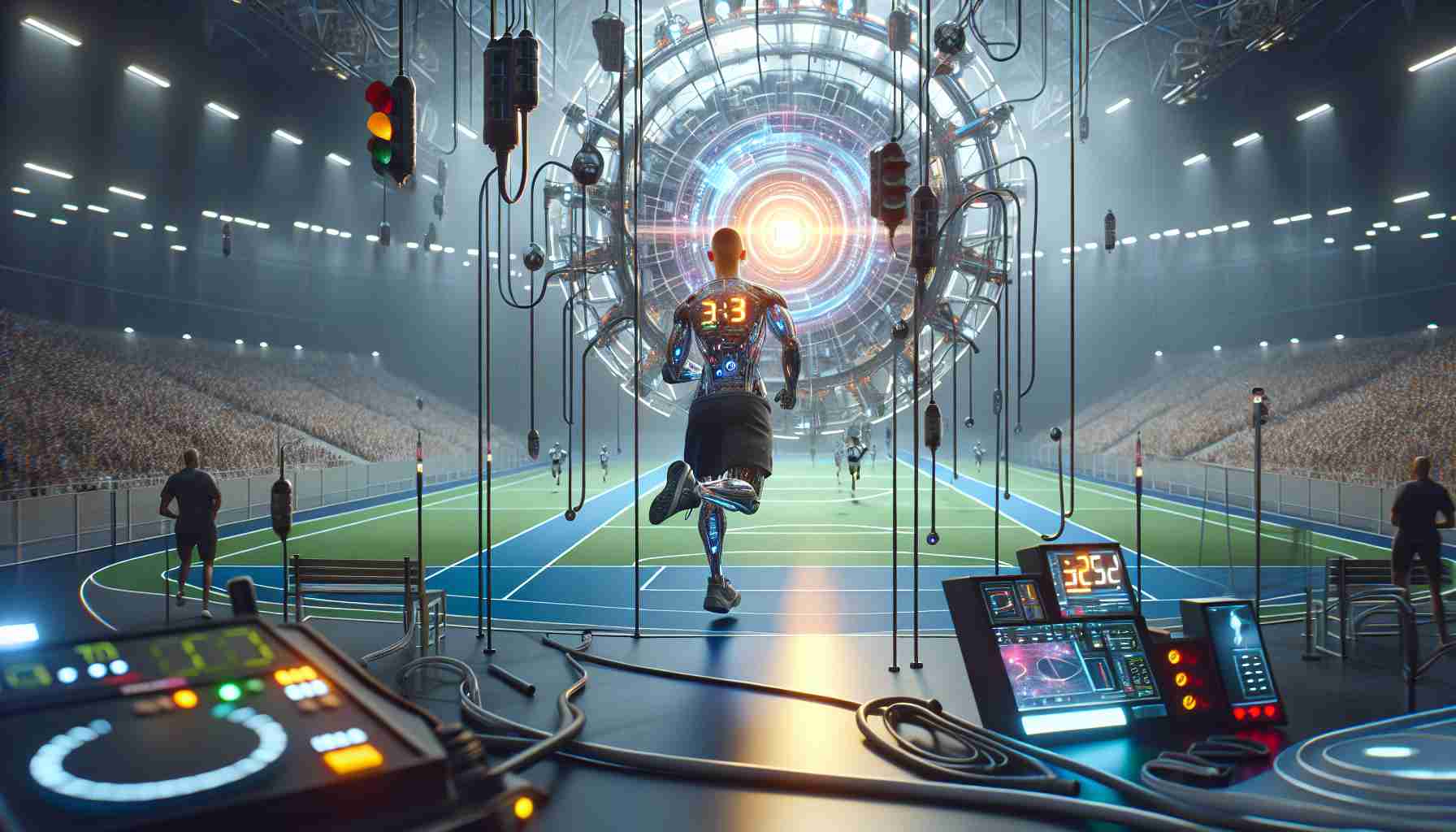Artificial Intelligence Transforms Sports with Ethical Challenges
Artificial Intelligence (AI) is making significant inroads into the realm of professional sports, offering groundbreaking applications that are reshaping how leagues operate. Yet, this technological revolution is not without its critics. In 2021, sports law researcher Alberto Carrio Sampedro explored the ethical implications of AI in sports. He affirmed the value of AI systems while emphasizing the need for an ethical framework to govern their integration and application.
Sampedro argued that AI systems should enhance human experiences in sports and remain under human oversight to preserve creativity and enjoyment. As major sports organizations, like the NFL, MLB, and NBA, adopt AI technology for various functions, the conversation surrounding ethical control becomes even more crucial.
One rising concern in this domain is the proliferation of deepfake content, which poses significant risks to athletes’ reputations by creating misleading AI-generated images and videos. To combat such threats, AI detectors are emerging as essential tools in maintaining ethical standards across the industry. These detectors are expected to become more reliable as advancements in natural language processing technologies continue.
As the sports world navigates these innovations, the role of AI detectors becomes increasingly important. They not only help identify inaccurate content but also uphold the authenticity and integrity that fans and athletes value. Going forward, these tools could prove indispensable in safeguarding the credibility of sports figures and organizations alike, ensuring that AI serves as a force for good in the industry.
The Untold Impact of AI in Sports: Beyond the Ethical Debates
The amalgamation of Artificial Intelligence (AI) into professional sports is ushering in a new era of innovation, moving beyond the ethical quagmire well-documented by numerous researchers. What remains less discussed, however, is the transformative potential of AI in sports that exceeds ethical implications, affecting human development and technological growth in ways previously uncharted.
How AI Is Revamping Sports Science
Beyond the spotlight on regulatory concerns, AI is revolutionizing sports science. With AI-driven analytics, teams can now precisely monitor and improve athlete performance. These systems offer personalized training regimens by analyzing vast datasets, a feat impossible with conventional methods. AI is not just enhancing athletic potential—it is also paving the way for safer sporting environments by predicting injury risks through pattern recognition.
AI-Powered Fan Engagement
AI is also changing how fans interact with sports. Personalized content recommendations, chatbots, and virtual reality experiences powered by AI create immersive fan experiences previously unimaginable. These technologies enable fans to engage with their favorite sports in innovative ways, although they raise questions about the authenticity of these interactions and the potential detachment from the live sports experience.
Dissecting the AI Paradox: Advantage or Anathema?
While AI offers numerous advantages, from enhanced performance analytics to enriched fan interactions, it presents a paradox. Can AI maintain the passion and unpredictability that make sports so enchanting? Its intrusion into game strategies and decisions could lead to over-reliance on technology, possibly diminishing the human element in sports.
Advantages and Disadvantages
Advantages:
1. Improved Athlete Performance: Precision in identifying performance metrics and potential injuries.
2. Fan Engagement: Enhanced experiences through virtual and personalized content.
3. Business Intelligence: Optimized operations and informed decision-making for sports franchises.
Disadvantages:
1. Ethical Concerns: Issues of privacy, bias, and fairness.
2. Over-Dependence: Potential loss of the human aspect in tactical decision-making.
3. Data Security: Risks associated with handling vast amounts of personal and strategic data.
Emerging Controversies
One significant controversy involves athlete privacy. With extensive data collection enabled by AI, the boundaries of personal privacy are often blurred, raising questions about who owns the data and how it should be used. There’s also the challenge of keeping this data secure from cyber threats—a concern amplified by the increasing number of breaches in other sectors.
What’s Next for AI and Sports?
Will AI continue to evolve as a supportive partner in sports, or will it disrupt established traditions and norms? The potential enhancements are vast, but they demand careful stewardship to ensure that technology enhances rather than detracts from the essence of sports.
For more information on the dynamic developments in technology and sports, visit Tech Sports and Sports Technology News.
